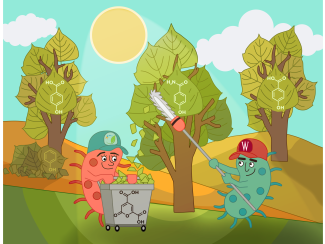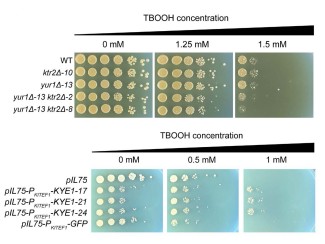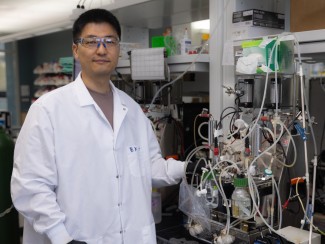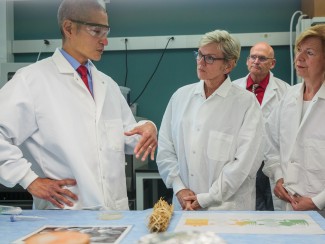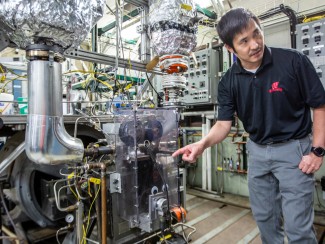Building on existing bioenergy modeling data, a team of University of Wisconsin–Madison researchers will develop an interactive tool and companion educational game to increase stakeholder engagement and accelerate policy development for regional biofuels production.
The team has received $345,327 from the United States Department of Agriculture (USDA), The National Institute of Food and Agriculture (NIFA), Agriculture and Food Research Initiative (AFRI), Sustainable Bioenergy (SBE) Challenge Area.
Gary Radloff, Director of Midwest Policy Analysis for the Wisconsin Energy Institute (WEI), will lead the project along with Professor Claudio Gratton, UW–Madison Department of Entomology, Professor Michael Ferris, UW–Madison Department of Computer Sciences, and Great Lakes Bioenergy Research Center scientist Tim Meehan.
These are user-friendly, hands-on tools, that can help policymakers, regulators, farmers, land conservationists, developers and anyone involved in land use to understand and see the impacts of energy crops and the interplay of other land use practices.
Gary Radloff
The research team is developing a spatially explicit decision support tool that can simultaneously estimate and graphically represent, a suite of environmental, social and economic outcomes of land use changes to accompany a range of bioenergy policies. In conjunction, an educational video game will be developed to increase understanding of the environmental, economic and institutional factors around land use actions and policies.
“These are user-friendly, hands-on tools, that can help policymakers, regulators, farmers, land conservationists, developers and anyone involved in land use to understand and see the impacts of energy crops and the interplay of other land use practices,” Radloff said. “We will also evaluate current land use and energy policies and proposed potential policy changes based on the experience with using these tools.”
Initially, the tool will focus on data from Dane County that will help users evaluate the outcomes from a variety of policy scenarios. The tools can be scaled up for a state or region.
The Wisconsin Energy Institute at UW–Madison is committed to moving forward in energy. WEI scientists, engineers and scholars work across multiple disciplines to develop innovative solutions for grand energy challenges.

